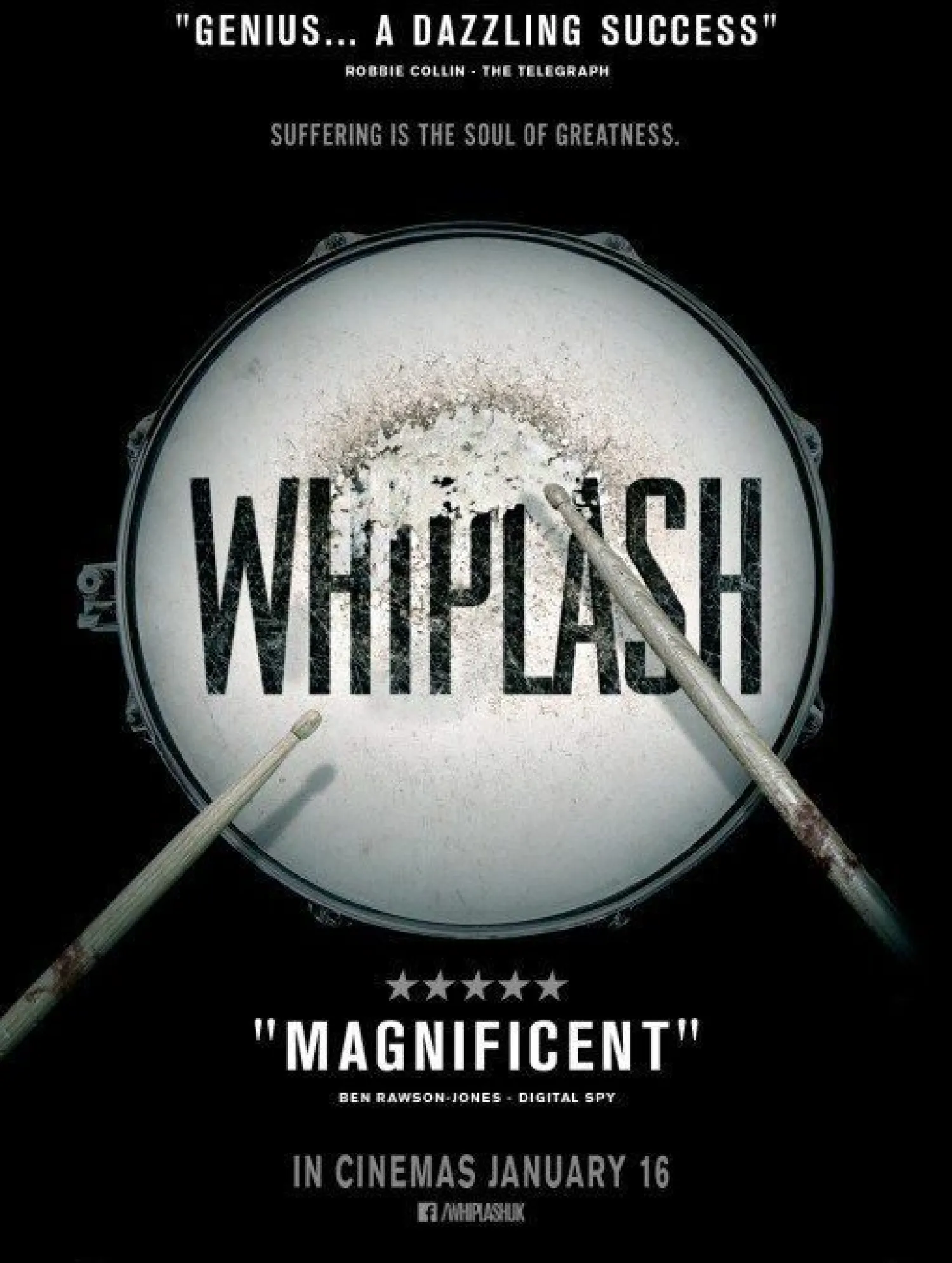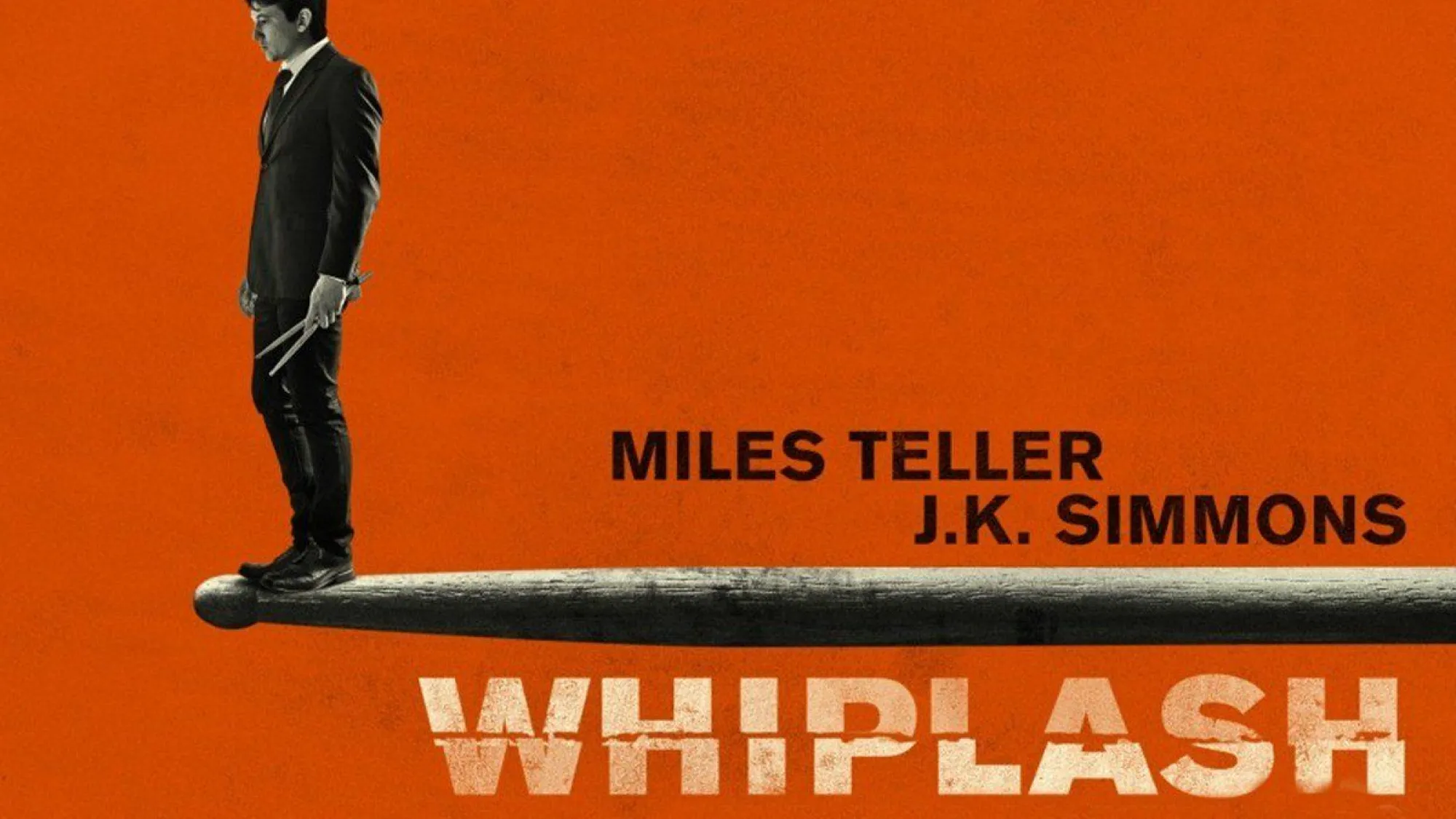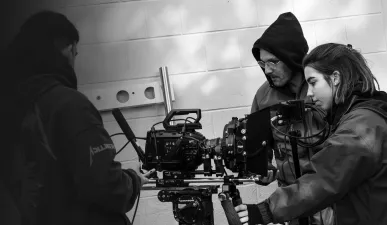"Film must have an international vocation"
Màrius Rubio is coordinator and professor of the film area at FX Barcelona film school Barcelona 3D & Film School, he has been dedicated to film teaching for more than ten years, a profession that he combines with his career as an independent filmmaker. His long experience in the field of film schools in Barcelona has made him invest all his experience in developing a new way of understanding film teaching, a technique that is reflected in his work at FX Cinema. His facet as "filmmaker", independent filmmaker, has resulted in the direction of works in the fields of fiction, documentary, experimental film or video-dance, among others. His filmography includes "Imatges d'un Reflex", "Engranatges", "Ansia" and "Encefalograma Urbano".
And as a good music lover, music has always played a leading role in his productions, something that is reflected in the rhythm of his frames. For all these reasons, the Sala Montjuïc team has chosen this expert of the school, who will explain to the audience today Monday, July 11, the many benefits of Whiplash, a tremendous film by Damien Chazelle, which is a tribute to Jazz and that will leave you stuck in your chair. Below, Màrius gives us some insights on Whiplash and tells us why you shouldn't miss this film.
What would you highlight as an independent filmmaker and in general terms about Whiplash?
It's a film that takes filmmaking very seriously. Seriousness and professionalism in every area of filmmaking. From the writing of the script, to the construction of the characters, the direction, both of actors and the planning itself. And, of course, a more than good finish and editing. With little (for a rather mainstream film) it achieves a lot. The most notorious and popular were its five nominations and three Oscars won in 2015 (Best Supporting Actor, Best Editing and Best Sound). In addition, it has gone through many other festivals where it has won several awards (Sundance: Best Film, Best Director, etc.) Cannes Film Festival, San Diego Film Festival, Baftas etc.
Whiplash is defined as an "indie" film, Damien Chazelle did not get funding and was forced to submit a short film to explain his story, which won at the Sundance Film Festival. I'm sure you know of some cases in Spanish cinema...
We have some quite popular cases. On the one hand, there would be Santiago Segura's first short films, which along with other things (like going from contestant to TV shows) led him, by luck or misfortune, to make his first feature film "Torrente, el brazo tonto de la ley" (1998). It is also popular something similar, which at the time Pedro Almodovar did to get up "Pepi, Luci, Boom and other girls of the bunch" (1980), with the invaluable help of Carmen Maura, or the case of Álex de la Iglesia or many others...
What do you think is essential in a film to transcend borders?
If there is something about cinema is that it must have an international vocation, the themes of the human being are universal. So someone in Japan can be moved by Whiplash's story of self-improvement and struggle, and someone in California should be moved by the story of two retirees in Tokyo.
https://youtu.be/2FKOf9_5i3k
What would you highlight about the performances in Whiplash?
Both the main character Andrew Neiman (Miles Teller) and the iron sergeant of music Terence Fletcher (J.K. Simmons) are very well constructed. You come to believe and empathize with both of them, despite their antagonistic characters. The length of the film is not excessive and still gives you time to go quite deep into their psychologies.
The film features a BSO that plays a starring role. Tell us about it and how the director uses it.
What makes the use of music in this film interesting is not only the quality of the music chosen, but also that he is able to use it in a very cinematic way. The music adds drama, moves the plot forward, makes the characters change and, at the same time, ends up becoming another element, very protagonist, that will backbone the dramatic structure of the film. It is a very jazzy soundtrack.
The term "jazzy", according to the Royal Academy of Màrius is...
It is rhythm, swing, forcefulness, bravery, strength, street-feeling... And although in cinema it is difficult, it is also a careful and studied improvisation...
What role does the BSO play in the films and short films you have made?
The music has a central role in my filmography. I will not expand because it is not the place, just comment that most of my film ideas are not usually based on concrete facts, but rather abstract ideas, most of them coming from music or cinema itself.
Why and when did you decide you wanted to dedicate yourself to the world of cinema?
Who said I wanted to dedicate myself to the world of cinema?
How would you define your own style as a filmmaker?
Romantic.
As coordinator of the FX CINEMA school, where do you think the new cinema is going? How would you define the new authors?
We are in a moment of technical involution and exponential technological evolution. When both concepts are balanced, we can have a moment of cinematographic plenitude, as it has happened in some other time. For the moment, we have to wait and work for it.
Do you have any projects in progress?
Yes, I have a film project in post-production. And that's as far as I can read... Hahhaha




